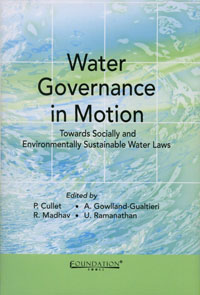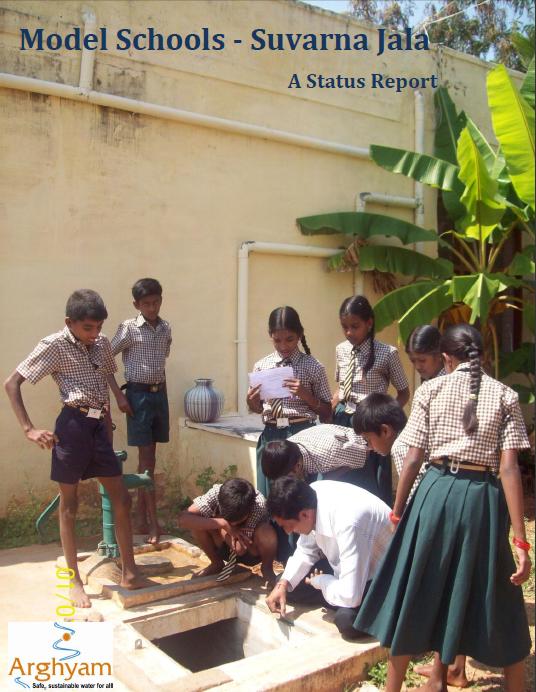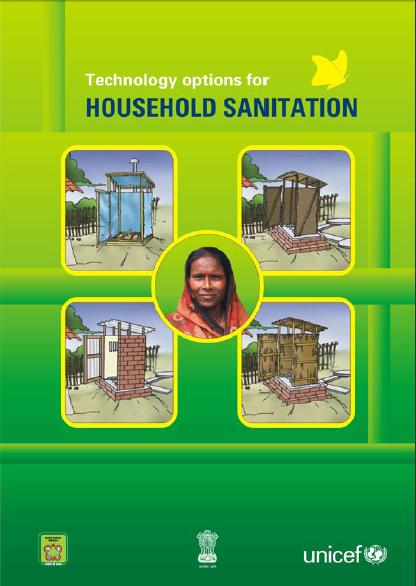/topics/water-management
Water Management
News roundup (16-22 November 2010)
Posted on 24 Nov, 2010 10:07 PMSanitation/Wastewater
- India tops the list of nations lacking toilets
- India hunts for a Rural Toilet Design, 1000 Euros up for grabs
- 82% of rural India deprived of three basic necessities of life — tapped drinking water, electricity connection and sanitation
- There are 700 million cell phone connections in India, but only half this number of Indians have access to private toilets, says a UN study
35th Water, Engineering and Development Centre (WEDC) International Conference, UK
Posted on 18 Nov, 2010 05:06 PMOrganizer: Water, Engineering and Development Centre (WEDC)
Topics:
- Equity, Inclusion and WASH
- Technology Forum
- Water Safety Plans & Water Quality Testing
- Accelerating Sanitation: Policy to Practice Disaster
- Risk Reduction in Water & Sanitation Development Programmes
- Accessing WEDC Research Findings
- Supporting Change Management in Urban Institutions
- Handpumps for Novices & Non-Engineers
- Water Demand Management for the City of the Future
Venue: Loughborough University, UK
Description:
The WEDC International Conference is a highly respected, global platform for practitioners, decision makers, academics and researchers who lead water and sanitation innovation in developing countries
Water governance in motion: Towards socially and environmentally sustainable water laws
Posted on 18 Nov, 2010 10:48 AM

Water Governance in Motion: Towards Socially and Environmentally Sustainable Water Laws focuses on the work undertaken by International Environmental Law Research Centre IELRC on water law reforms in India. It seeks to provide a broader understanding of the conceptual framework informing existing water law and ongoing reforms.
"Indian rivers have not been understood as ecosystems but are treated as conduits of water or wastewater" - Interview with Dr. Brij Gopal
Posted on 17 Nov, 2010 04:42 PMDr. Brij Gopal, Vice President, National Institute of Ecology and former Member, Working Group on Minimum Flows, constituted by the Water Quality Assessment Authority, talks to Parineeta Dandekar, India Water Portal about the urgent need of freshwater flows in Indian rivers, and the legal and institutional set ups required to ensure this.
World Water Council is looking for Director General
Posted on 17 Nov, 2010 11:51 AMContent and Image Courtesy: World Water Council
The World Water Council is an international organisation that promotes sustainable water management throughout the world. It has more than 400 member organisations including governments, non-governmental organisations, businesses, professional networks and research institutions, based in over 50 countries. The World Water Council brings sound information and knowledge on water-related issues into the public domain to raise awareness and create political will to improve access to water and sanitation and manage water wisely. Every three years, the World Water Council organizes the World Water Forum with over 20,000 participants from around the world.
Evaluation of sanitation and wastewater treatment technologies: Case studies from India
Posted on 15 Nov, 2010 11:52 PMThe sanitation systems studied are spread across the country. The study goes to Pratapnagar in Bihar to evaluate the success of the septic tank to Asalthpur in Uttar Pradesh to study the Ecosan (UDDT) toilet. Other locations in India include Maharashtra, Gujarat, Kerala.
Rating system for water efficient fixtures - Survey by Centre for Science and Environment (2010)
Posted on 15 Nov, 2010 11:26 PMWater use in buildings, accounts for a high percentage of overall water use in cities. With development and growth there has been an increasing demand for water in India. There has been a mismatch between supply and demand because of distribution losses, changing lifestyles etc leading to situations of conflict. Developing water fixtures that use water efficiently is key to reducing this mismatch.
Enhancing crop water productivity to ameliorate groundwater decline - Article from Current Science
Posted on 15 Nov, 2010 10:55 PMThe following article is a literature survey of water management interventions taken up in Indian fields to improve the water productivity which would in turn reduce the groundwater decline.
Model Schools: Suvarna Jala - A status report by Arghyam (2009)
Posted on 15 Nov, 2010 10:46 PM This is a status report of Arghyam's sponsored efforts to develop and showcase community managed water and sanitation systems in 17 schools of 7 districts of Karnataka.
This is a status report of Arghyam's sponsored efforts to develop and showcase community managed water and sanitation systems in 17 schools of 7 districts of Karnataka.
The Government of Karnataka through its Suvarna Jala Yojana aims at providing drinking water in 23,683 rural government schools. This was funded to the tune of Rs 7735 lakh. Arghyam conducted a survey of this scheme in 2007 in 7 districts to ascertain the status of the scheme. The survey found out that out of the 1269 rainwater harvesting structures completed by November 2006 only 140 structures were functional.
Technology options for household sanitation - A report by the Ministry of Rural Development and UNICEF
Posted on 15 Nov, 2010 10:14 PM As part of the Total Sanitation Campaign (TSC), the Ministry of Rural Development under the Rajiv Gandhi National Drinking Water Mission and UNICEF have brought out a compedium that details the various sanitation technologies available to above and below poverty line households .
As part of the Total Sanitation Campaign (TSC), the Ministry of Rural Development under the Rajiv Gandhi National Drinking Water Mission and UNICEF have brought out a compedium that details the various sanitation technologies available to above and below poverty line households .
The authors have divided the report into three subjects - the first being the need for household sanitation and the extent of the problem in rural India. The second section looks at sanitation technology in general with a focus on rural areas and technologies for different conditions. The third part deals with operation and maintenance of such technologies and includes a chapter on components of a toilet.







